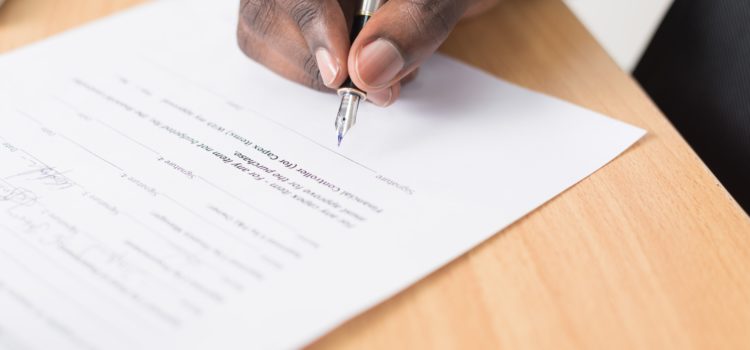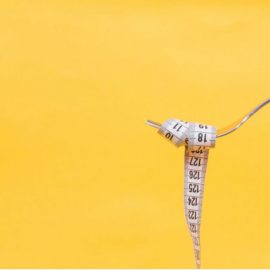

This article is an excerpt from the Shortform summary of "The Immortal Life of Henrietta Lacks" by Rebecca Skloot. Shortform has the world's best summaries of books you should be reading.
Like this article? Sign up for a free trial here .
What ethics issues were raised by The Immortal Life of Henrietta Lacks? Did researchers have Henrietta Lacks’ consent to use her tissue? How have standards changed?
In The Immortal Life of Henrietta Lacks, ethics are an important discussion. Henrietta Lacks’ informed consent was not considered in using her tissue for HeLa.
Read about consent in The Immortal Life of Henrietta Lacks, ethics questions raised, and current informed consent requirements.
Excising Cells From Henrietta Lacks: Ethics Violation?
Henrietta, unbeknownst to her, became one of TeLinde’s and the Geys’ subjects. In making a research subject of Henrietta Lacks, ethics were questionable. When she returned to the hospital after receiving her diagnosis—rather than tell Day or her family that she’d been diagnosed with a malignant tumor, she simply told them the doctors needed to evaluate her and give her some medicine—she signed a consent form to be operated on, was subjected to a battery of tests, and eventually treated with radium, the gold standard for cancer treatment at the time. (It was later discovered to cause cancer itself.) Before her surgeon applied the radium to her cervix, however, he took a small sample of both healthy tissue and cancerous tissue and sent it off to the Geys’ lab.
In The Immortal Life of Henrietta Lacks, ethics questions continue after her death. After an autopsy, during which more samples were taken from Henrietta’s body without the family of Henrietta Lacks’ consent, Henrietta was buried in Clover in an unmarked grave.
Day later told the story of the day he went to Hopkins and signed off on Henrietta’s autopsy. He said that no one told him anything about keeping her cells alive; the doctors only said that, by performing the autopsy, they might be able to save Day’s children and grandchildren from cancer.
Disregarding the Family of Henrietta Lacks’ Informed Consent
The Lacks family themselves had grown up in the shadow of Hopkins, hearing about “night doctors” who snatched African-Americans off the street for gruesome experiments. Johns Hopkins raised, even before taking cells from Henrietta Lacks, ethics issues. The cultivation of her cells without Henrietta Lacks’ consent or the family of Henrietta Lacks’ consent—and the economic difficulties of her kin—became a testament to the persistent power disparities between Blacks and Whites in the U.S.
In The Immortal Life of Henrietta Lacks, ethics violations are seen in later inteA Hopkins geneticist named Victor McKusick, who’d been one of the authors to first publish Henrietta’s real name, had volunteered to take the lead on addressing the contamination issue that was then upending cell science. His idea was that, if he could draw blood from Henrietta’s descendants, he could isolate certain gene markers that would allow him to determine which cells were HeLa and which weren’t. And since the Lackses were Hopkins patients, he had easy access to their medical records and contact information. They pursued testing without the family of Henrietta Lacks’ informed consent.
McKusick deputized a postdoctoral fellow named Susan Hsu to collect the blood samples from the Lackses. Neither Hsu nor McKusick got the family of Henrietta Lacks’ informed consent. At the time, NIH had mandated that all research it funded involving human subjects required informed consent—McKusick’s research was NIH funded—but the informed-consent requirement had yet to be made law. In fact, only months after Hsu first called Day, a proposed federal law mandating informed consent would be made available for public comment. If these requirements had been present when getting blood from the family of Henrietta Lacks, ethics violations would have been an issue.

———End of Preview———
Like what you just read? Read the rest of the world's best summary of Rebecca Skloot's "The Immortal Life of Henrietta Lacks" at Shortform .
Here's what you'll find in our full The Immortal Life of Henrietta Lacks summary :
- How Henrietta's cells became used in thousands of labs worldwide
- The complications of Henrietta's lack of consent
- How the Lacks family is coping with the impact of Henrietta's legacy






